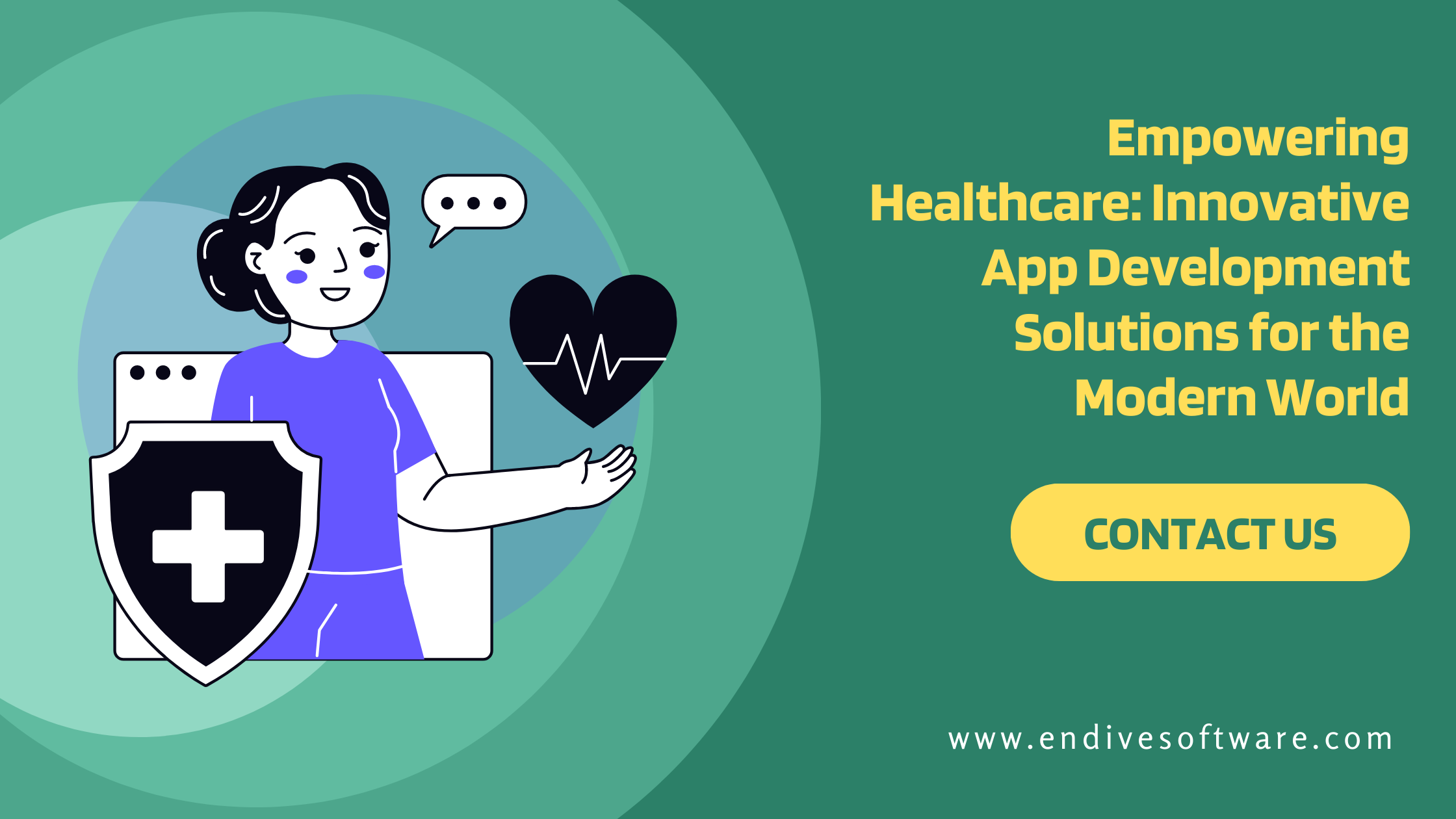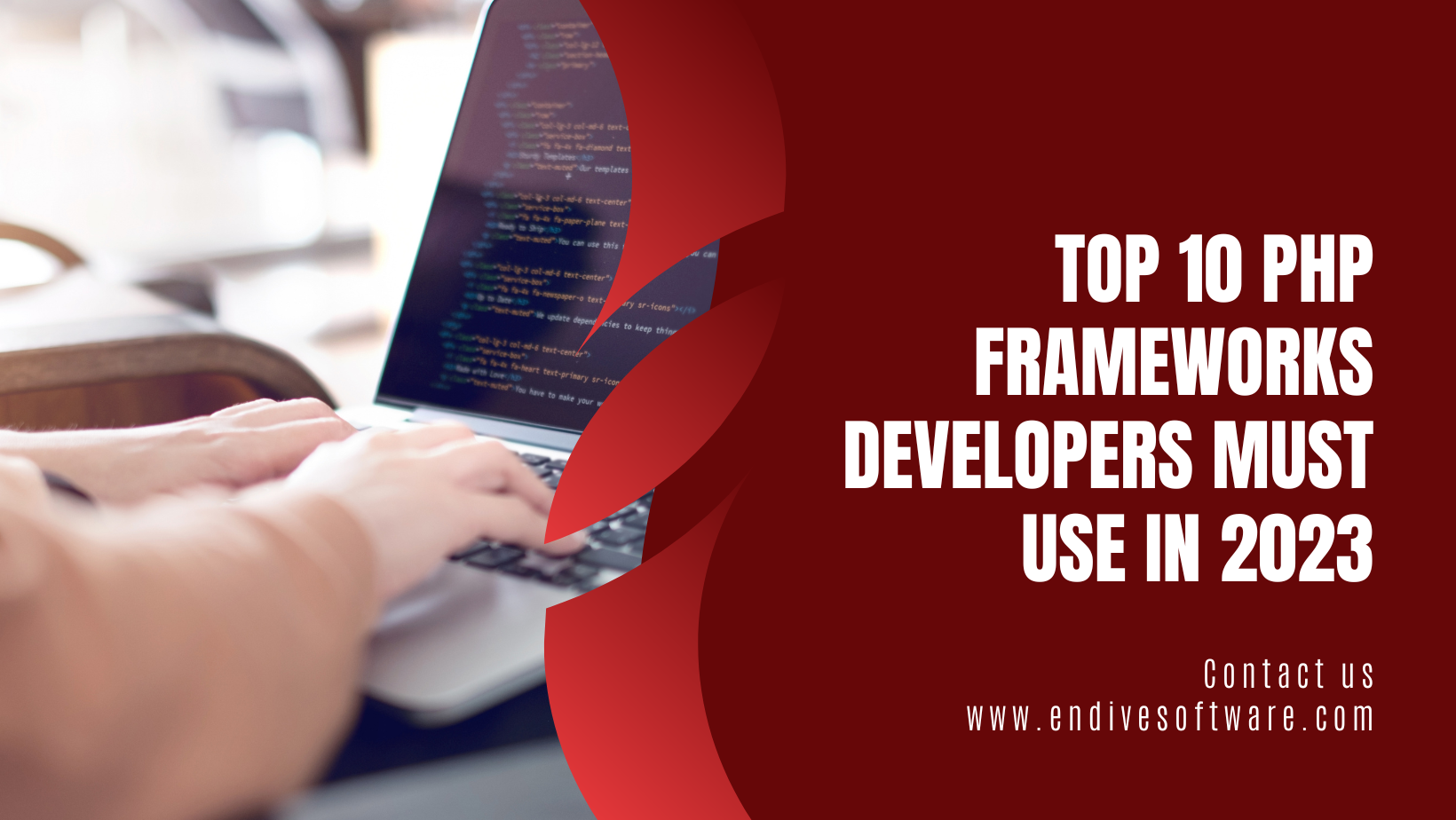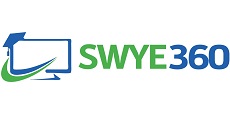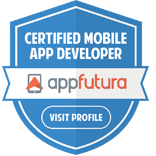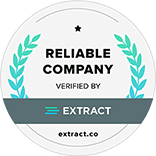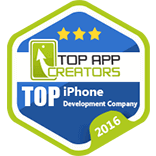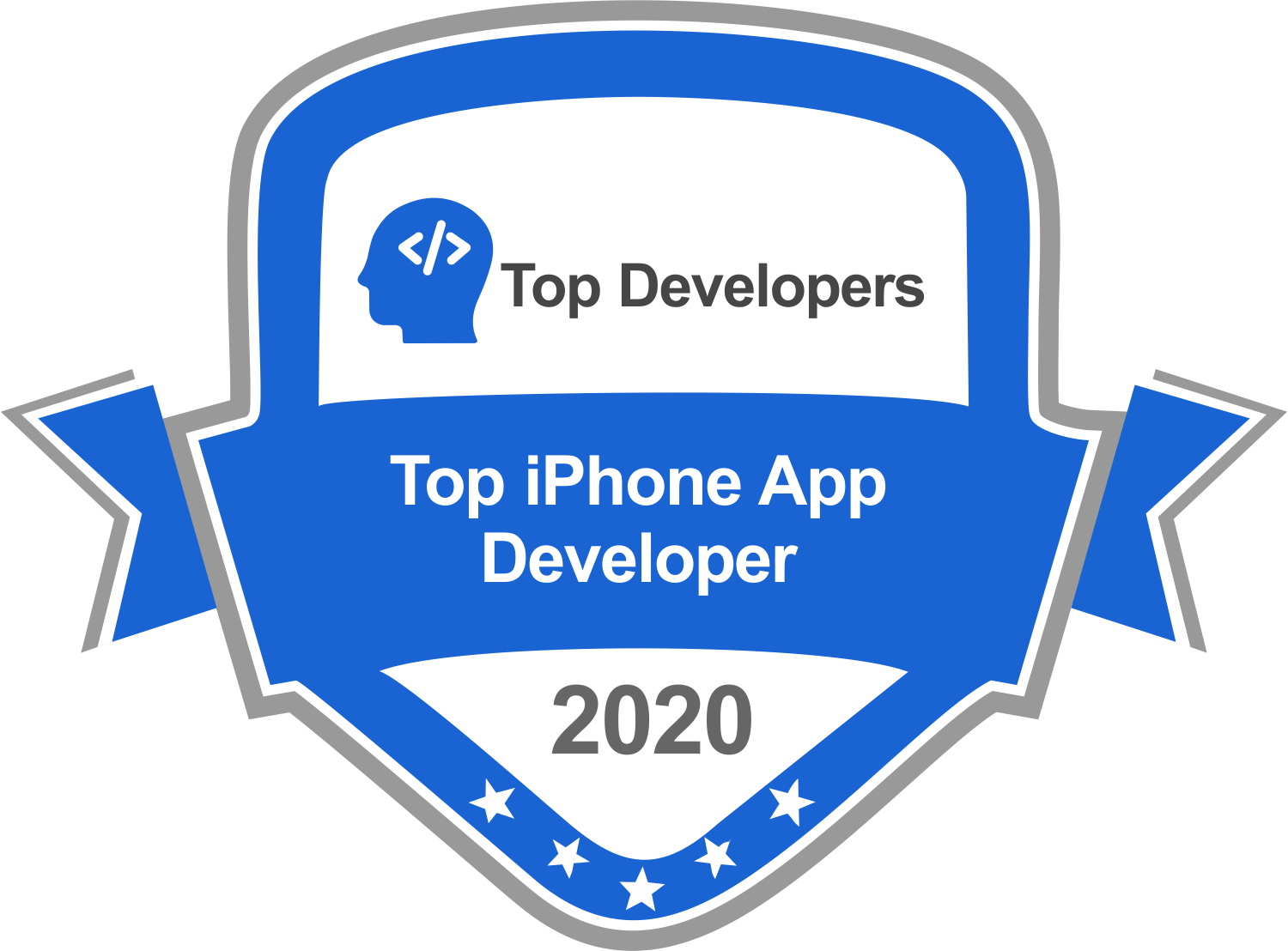In today’s digital age, technology has become an essential part of our daily lives. From shopping to banking, everything is now available at our fingertips through mobile apps. The healthcare industry is no exception to this trend, as healthcare app development services have revolutionized the way healthcare is delivered to patients. These apps have become an essential tool for healthcare professionals, enabling them to provide better care and treatment to patients. Let’s explore how healthcare app development solutions are empowering the healthcare industry in the modern world.
1. Improved Patient Engagement
Healthcare apps are designed to improve patient engagement by providing access to relevant health information, monitoring vital signs, and tracking medication schedules. Patients can also communicate with healthcare providers through the app, schedule appointments, and receive timely notifications about their treatment. This improved engagement helps patients take control of their health and well-being, leading to better health outcomes.
2. Streamlined Care Coordination
Healthcare apps can streamline care coordination between healthcare providers, reducing the risk of errors and improving the quality of care. These apps provide real-time access to patient data, enabling healthcare professionals to make informed decisions about treatment. They can also facilitate communication between different healthcare providers, ensuring that patients receive coordinated and integrated care.
3. Personalized Treatment
Healthcare apps can use artificial intelligence (AI) and machine learning (ML) to analyze patient data and provide personalized treatment plans. These apps can also track patients’ progress, adjust treatment plans based on the patient’s response, and provide feedback to healthcare professionals. This personalized approach to treatment can lead to better outcomes, reduced healthcare costs, and improved patient satisfaction.
4. Remote Patient Monitoring
Healthcare apps can provide remote patient monitoring, enabling healthcare professionals to monitor patients’ vital signs, track medication schedules, and identify potential health risks. This feature is particularly useful for patients with chronic conditions, as it allows healthcare providers to detect and manage health problems before they become serious.
5. Telemedicine
Healthcare apps can facilitate telemedicine, enabling patients to consult with healthcare professionals from the comfort of their homes. This feature is particularly useful for patients who live in remote areas or have mobility issues. Telemedicine can also reduce healthcare costs and improve access to healthcare for underserved populations.
In conclusion, healthcare app development solutions are empowering the healthcare industry by improving patient engagement, streamlining care coordination, providing personalized treatment, facilitating remote patient monitoring, and enabling telemedicine. These apps have the potential to revolutionize the way healthcare is delivered and provide better health outcomes for patients. As technology continues to evolve, healthcare apps will become even more sophisticated and innovative, leading to a healthier and happier world.
